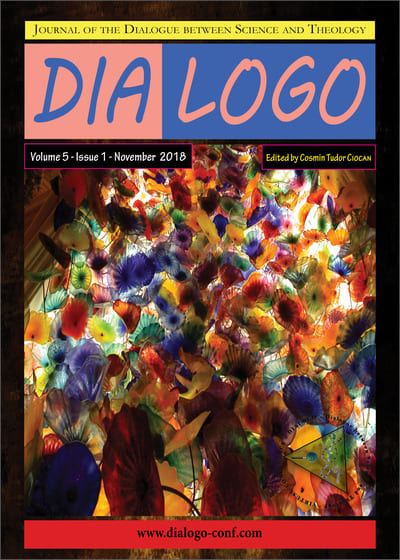Romanian Activists from Transylvania in the Period of Austro-Hungarian Dualism
Romanian Activists from Transylvania in the Period of Austro-Hungarian Dualism
Author(s): Emanuel George OpreaSubject(s): Eastern Orthodoxy, History of Religion
Published by: EDIS- Publishing Institution of the University of Zilina
Keywords: National principle; democracy; ethnics; Austro-Hungarian Dualism; Transylvania;
Summary/Abstract: After the war with France (1859) and Prussia (1866) the Habsburg Empire was in a deep social and political crisis, very close to its dissolution, mainly due to the internal national movements in the name of new ideas and principles of Democracy and National Emancipation as they were first mentioned in the decade of French Revolution (1789-1799). In consequence, the Habsburgs have made serious efforts to maintain the unity and cohesion of the multinational state and from 1860 to 1867 enlarged rights including autonomy and self-government in many regions of the Empire were accorded. The Romanian intellectuals and elite from Transylvania have intensified their actions for the social, political and economic emancipation of Romanian ethnics with a general defined purpose to obtain equal rights with Hungarian and Austrian citizens in the spirit of the ideas of democracy and the national principles. The end of the bipolar world in 1990 had brought in actuality the national and ethnical issues. The insufficient and superficial approach of these questions, based on the particular examples of Romanians from Transylvania, leads to deep fundamental state crisis and therefore they represent a serious challenge nowadays and their investigations are relevant and of interest.
Journal: Dialogo
- Issue Year: 5/2018
- Issue No: 1
- Page Range: 163-170
- Page Count: 8
- Language: English

